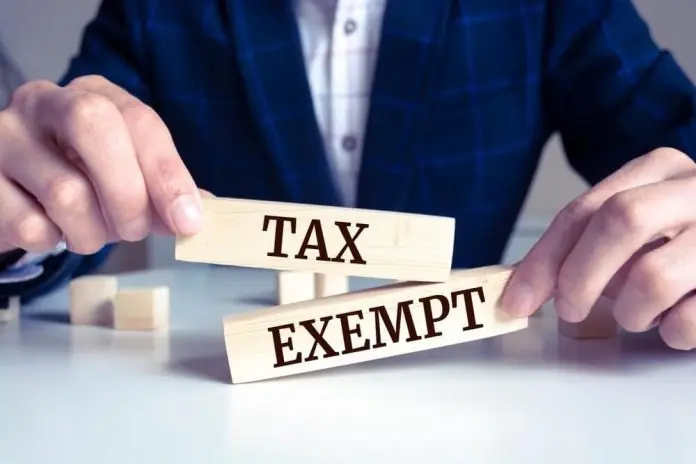The last date for filing Income Tax Return or ITR for the financial year 2023-24 (FY2023-24), i.e. assessment year 2024-25 (AY2024-25) is July 31, 2024…
The third term of the Narendra Modi government has begun after the Lok Sabha elections 2024, and the full budget 2024-25 is expected to be presented in the second half of July. But one date is already fixed – the last date for filing Income Tax Return or ITR for the financial year 2023-24 (FY2023-24), i.e. assessment year 2024-25 (AY2024-25), i.e. July 31, 2024.
Filing ITR has always been necessary, but only a very small part of the total population of the country used to do so, but now in the last few years, the number of people filing returns online has increased significantly. Among these people, the number of people filing income tax returns on their own is also quite high, but still many people still have to take the help of a chartered accountant or a professional to file ITR, because they themselves are not aware of many things and rules.
To help such people, we are constantly bringing such news so that those who want to file ITR on their own can do so without taking help from any outsider. One problem in filing ITR is to understand the meaning of certain words and the difference between them, among which Tax Exemption, Tax Deductions and Rebate are important. Filing ITR without understanding their meaning and difference is really a very difficult task, so let us explain to you today the meaning of these three words and the difference between them.
Tax Exemption
Tax exemption applies to that part of the taxable income of any person, on which no tax is levied as per the rules. At present, i.e. at the time of filing ITR for the financial year 2023-24, this tax-free income limit is ₹ 2.5 lakh for taxpayers below 60 years of age following the old tax regime, while for senior citizen taxpayers aged 60 to 80 years, this tax-free income limit is ₹ 3 lakh, and for super-senior citizen taxpayers above 80 years of age, this limit is ₹ 5 lakh. Under the new tax regime, this limit is ₹ 3 lakh for ITR filers of every age group. This means that every person under his age group and his tax system will have to pay income tax only on that part of the income which is more than this limit.
For example, a 75-year-old person filing ITR under the old tax system will have to pay tax on only ₹1.75 lakh (₹4.75 lakh – ₹3 lakh) if his taxable income is ₹4.75 lakh (although he will not be taxed due to the tax rebate available under section 87A of the Income Tax Act, about which you will read further in this news). Similarly, a 45-year-old person filing ITR under the new tax system will have to pay tax on only ₹5.25 lakh (₹8.25 lakh – ₹3 lakh) if his taxable income is ₹8.25 lakh.
Tax Deductions
Tax deductions are given on certain investments or expenses, and the invested amount is deducted from the taxable income. Now Tax Deductions are usually available only to those taxpayers who follow the old tax system. These Tax Deductions include a maximum deduction of ₹ 1.5 lakh under Section 80C of the Income Tax Act, and apart from that, medical insurance premiums are deducted from taxable income up to a limit under Section 80D in Tax Deductions. Similarly, as another Tax Deduction, interest paid on education loan is also deducted from taxable income under Section 80E.
The basic difference between Tax Exemption and Tax Deductions is that every person gets Tax Exemption on a part of taxable income, but Tax Deductions are available only to those taxpayers who have invested or spent in specified items.
Tax Rebate
The biggest difference between Tax Rebate and Tax Exemption and Tax Deductions is that it is deducted from the payable income tax, i.e. the tax liability of the taxpayer is exempted. For example, after the tax liability of the taxpayer is determined, under Section 87A of the Income Tax Act, 1961, full exemption from income tax is given if the taxable income is less than ₹ 5 lakh in the old tax regime and ₹ 7 lakh in the new tax regime. However, if the taxable income exceeds both these limits, then income tax has to be paid on the entire taxable income as per the prescribed slabs and rates.



